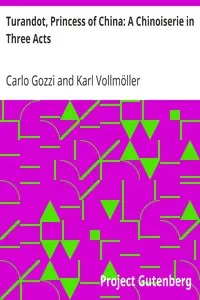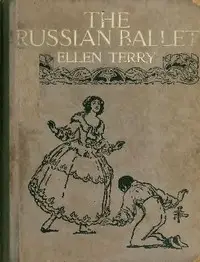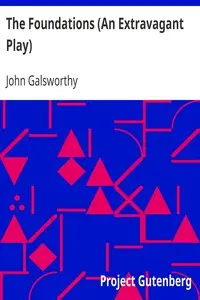"The Comedies of Carlo Goldoni" by Carlo Goldoni is a collection of theatrical works written in the late 18th century. This compilation features various comedic pieces that reflect the lives and follies of ordinary people in Italian society, showcasing Goldoni's significant contribution to the development of Italian theater. The plays address themes of love, social status, and human interactions, often featuring characters such as distressed youths, comical servants, and whimsical suitors. The opening portion introduces readers to the historical context of Goldoni's work and the author himself. It highlights Goldoni's aim to transform Italian theater by moving away from the artificiality of previous styles towards a more natural and relatable portrayal of life. The initial act of one of the plays, "A Curious Mishap," unfolds at a lively house in The Hague, featuring characters dealing with romantic entanglements and societal expectations. The scenario sets the stage for a comedic exploration of misunderstandings and love, particularly focusing on the interactions between the characters, such as Giannina and her suitor, highlighting a humorous and engaging narrative typical of Goldoni's stagecraft. (This is an automatically generated summary.)
The Comedies of Carlo Goldoni edited with an introduction by Helen Zimmern
By Carlo Goldoni
"The Comedies of Carlo Goldoni" by Carlo Goldoni is a collection of theatrical works written in the late 18th century. This compilation features vario...
Carlo Osvaldo Goldoni was an Italian playwright and librettist from the Republic of Venice. His works include some of Italy's most famous and best-loved plays. Audiences have admired the plays of Goldoni for their ingenious mix of wit and honesty. His plays offered his contemporaries images of themselves, often dramatizing the lives, values, and conflicts of the emerging middle classes. Though he wrote in French and Italian, his plays make rich use of the Venetian language, regional vernacular, and colloquialisms. Goldoni also wrote under the pen name and title Polisseno Fegeio, Pastor Arcade, which he claimed in his memoirs the "Arcadians of Rome" bestowed on him.


